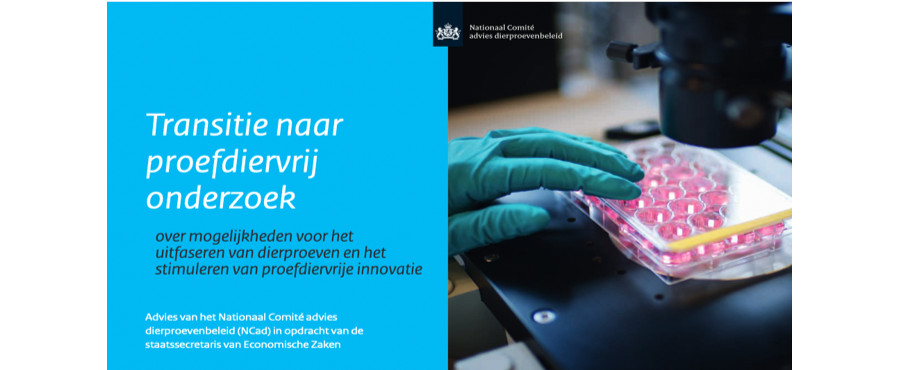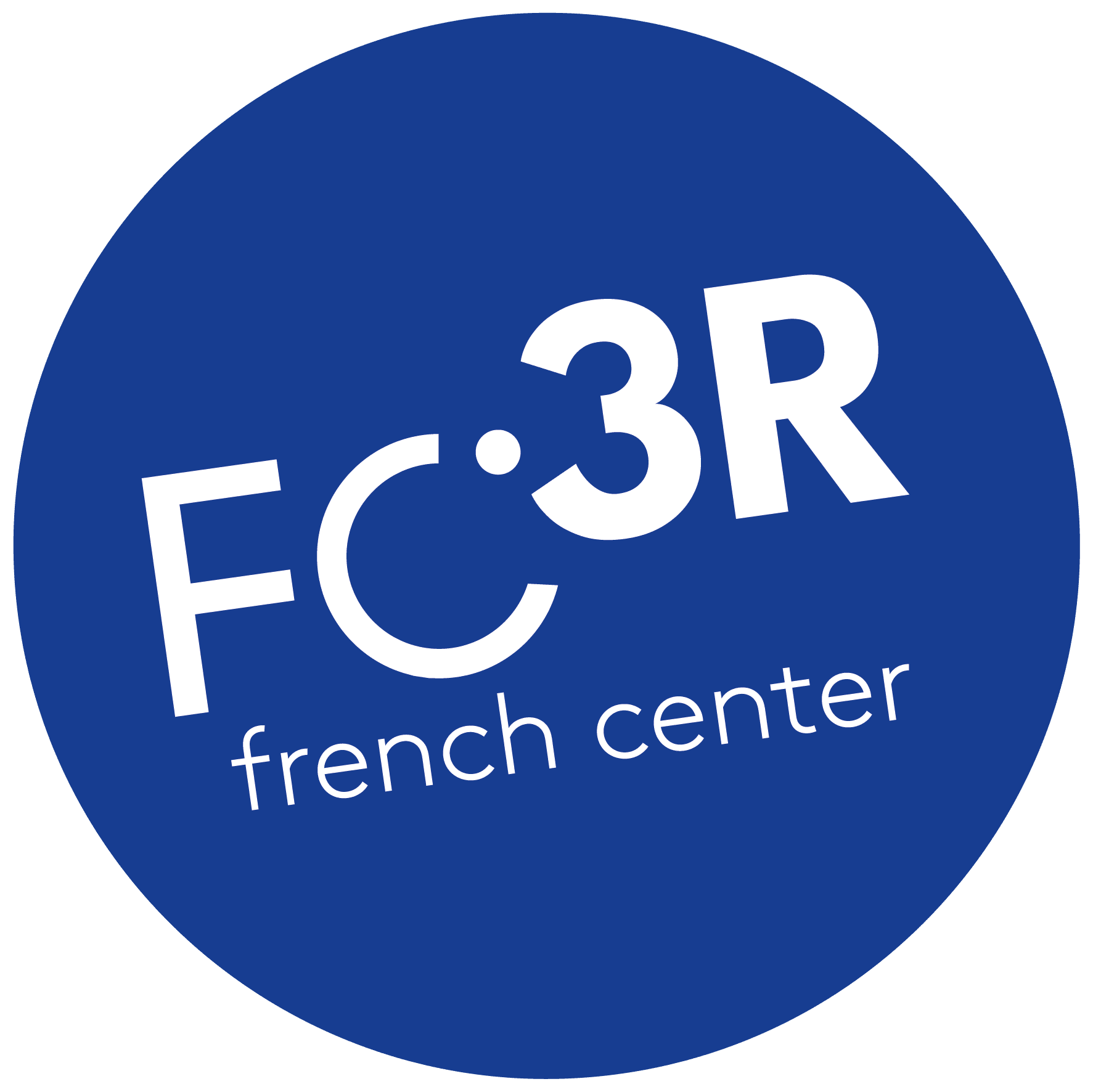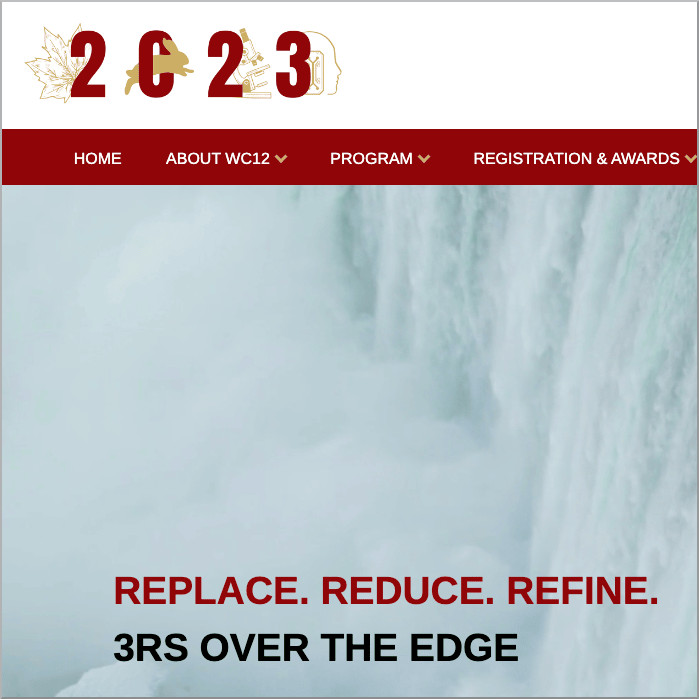WC12 (12th World Congress on Alternatives and Animal Use in the Life Sciences) is a major event for the international community working towards the adoption of alternatives to the use of animals for scientific purposes.
The origins of this world congress date back to 1993 in Baltimore, in the United States. Its current mission is to bring together key players from academia, industry, government and the non-profit sector, with the aim of promoting the 3Rs: replacing, reducing and refining the use of animals in scientific research and in toxicology and regulatory studies.
This year's edition highlighted two main themes: the acceptance of regulations concerning the application of the regulations concerning the application of the 3Rs and the education of future generations of researchers in non-animal methods. Over 400 speakers and posters were presented, providing an impressive landscape of information on advances in the field. The FC3R (French 3R Center) actively participated via a poster and various meetings with the aim of strengthening its international network and encouraging new collaborations. Below are some of the presentations that caught our interest the most:
An integrated research and testing strategy to go beyond the 3Rs
Kevin Thibault-Duprey presented Sanofi's Integrated Research and Testing Strategy (IRTS), which aims to restrict the use of animal models by strengthening their selection and implementing proactive measures. The objective by 2030 is a 50% reduction in the use of animals, accompanied by the gradual introduction of new methodologies, the abandonment of obsolete trials, the replacement of animal models by approved validations, and the improvement of their use in preclinical studies.

Target images and their role in facilitating the transition towards non-animal science
Jan-Bas Prins, member of the National Committee for the Protection of Animals for Scientific Purposes, outlined the Dutch strategy entitled " Transition to non-animal research – On opportunities for the phasing out of animal procedures and the stimulation of innovation without laboratory animals". Published in 2017, this strategy sets specific targets over a 5-10 year period for particular areas of research. They have also drawn up a list of animal-free innovations and their developers, a timetable of objectives, and an overview of strengths. They believe that realistic objectives are an essential tool for facilitating the transformation of basic research, which has helped to stimulate commitment, awareness and discussion in the scientific community.

The next WC13 will be held in 2025 in Brazil, a pioneering country in the development of alternative methods in Latin America. This event will continue to play a central role in transforming scientific research in favour of alternative methods.


